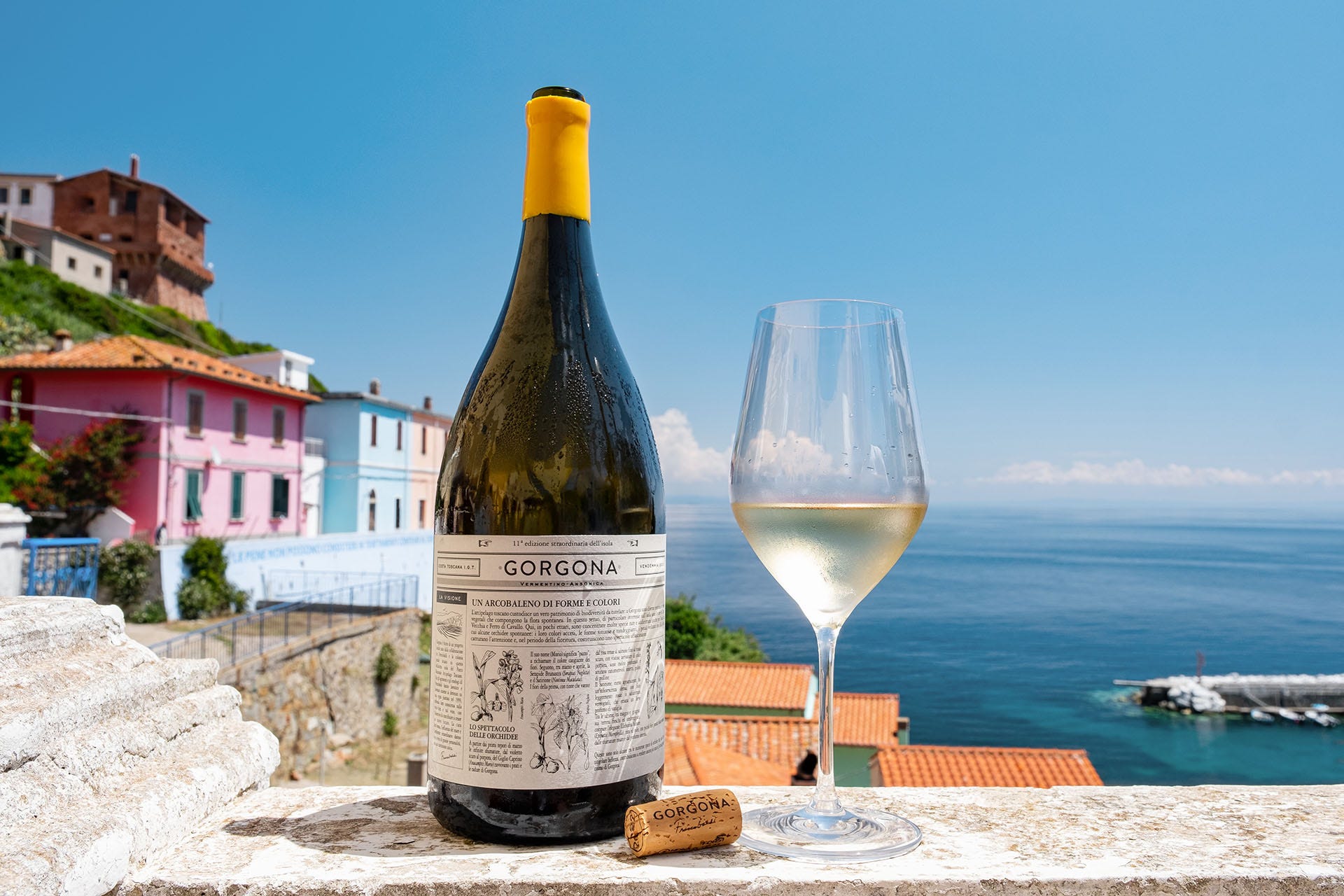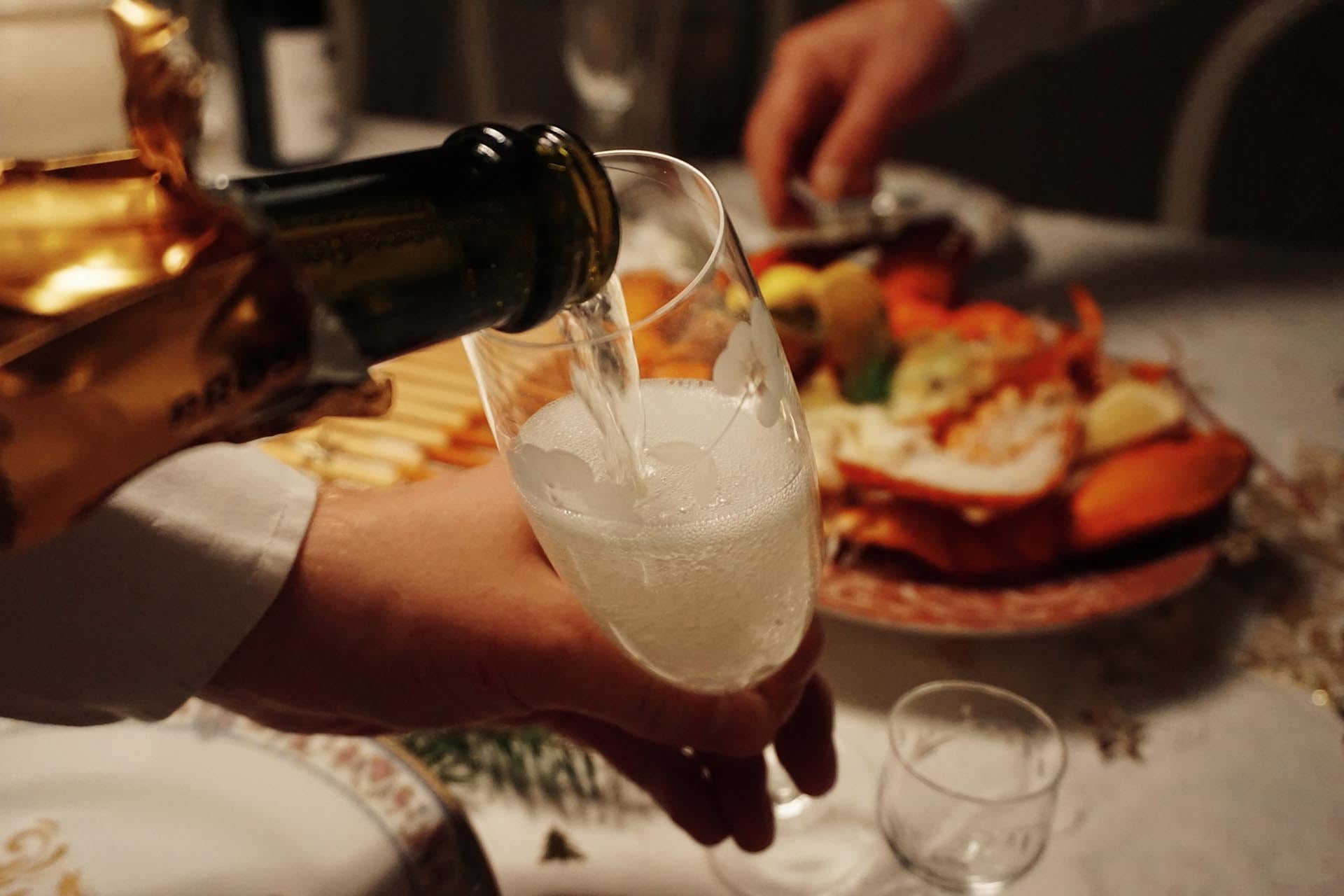Sorrentino 2008 Natì Coda di Volpe (Pompeiano)
All tastings reported in the Buying Guide are performed blind. Typically, products are tasted in peer-group flights of from 5-8 samples. Reviewers may know general information about a flight to provide context—vintage, variety or appellation—but never the producer or retail price of any given selection. When possible, products considered flawed or uncustomary are retasted.
*Products deemed unacceptable (receving a rating below 80 points) are not reviewed.
98-100
Classic
The Pinnacle of quality
94-97
Superb
A great achievement
90-93
Excellent
Highly recommended
87-89
Very Good
Often good value; well recommended
83-86
Good
Suitable for everyday consumption, often good value
80-82
Acceptable
Can be employed
Unsure About This Wine? Get Personalized Wine Matches Based On Your Taste.
Discover New Regions for Italian White
Veneto produces more wine, specifically more DOC wine, than anywhere else in Italy. Of all the DOC wines, the whites of Soave and the reds of Valpolicella are the most widely exported and internationally recognized. Garganega is the grape grown in Soave that generally produces neutral, light and easy-drinking wines. Recently, however, because many growers have planted vines on the local volcanic hills, production has resulted in wines with mouthwatering acidity and complex floral components. The Valpolicella DOC lies inland on the coastal plain of Veneto, where the warmer climate infuses the wine with richness that contributes to its high ratings, according to our Veneto Wine Ratings. Corvina is the key grape variety used in all of the reds from the Valpolicella, Bardolino and Amarone della Valpolicella DOCs. It is typically blended with Rondinella and Molinara—varieties that impart the wines…
While the bulk of Italy’s DOCG wine-producing regions aren’t located in Southern Italy, there are plenty of quality wines fashioned here. The south’s reputation is predominantly built on the red grapes Aglianico, Primitivo, Negroamaro and Nero D’Avola and the white grapes Vermentino, Greco and Trebbiano. The Taurasi DOCG located in Campania is one of Southern Italy’s most renowned wines. Vinified from the thick-skinned Aglianico grape, the wine lends brooding dark fruit qualities with a burly structure. Campania white wines shouldn’t be overlooked, either; the Greco di Tufo DOCG produces zesty, Greco-based whites, which offer copious white fruit and mineral flavors. Further southeast, the region of Puglia is home to Primitivo di Manduria Dolce Naturale DOCG, a decidedly sweet wine based on Primitivo, a varietal that’s been genetically linked to Zinfandel. Quality wines can also be found in Puglia’s Salice Salentino…
Located in the Mediterranean Sea, the Italian islands of Sicily and Sardinia both experience an arid, Mediterranean climate. High-altitude vineyards located on both islands are the preferred viticultural sites due to their large diurnal swings, which allow for acid retention and increased freshness. For many years, Sicily's reputation was built on the fortified wine Marsala. But recently, Sicily has gained recognition for its quality table wines. The region’s red wines are quite successful, with notable elegance, sweet tannins and impressive balance. Sicily’s only DOCG, Cerasuolo di Vittoria, is a blend based on the island’s most planted grape, Nero d’Avola, and the grapey Frappato. A strong Spanish influence is evident in Sardinia’s wines — Cannonau (Grenache) and Carignano (Carignan) both have Spanish roots. The white Vermentino, which is also thought to be of Spanish origin, is the main variety in the…









